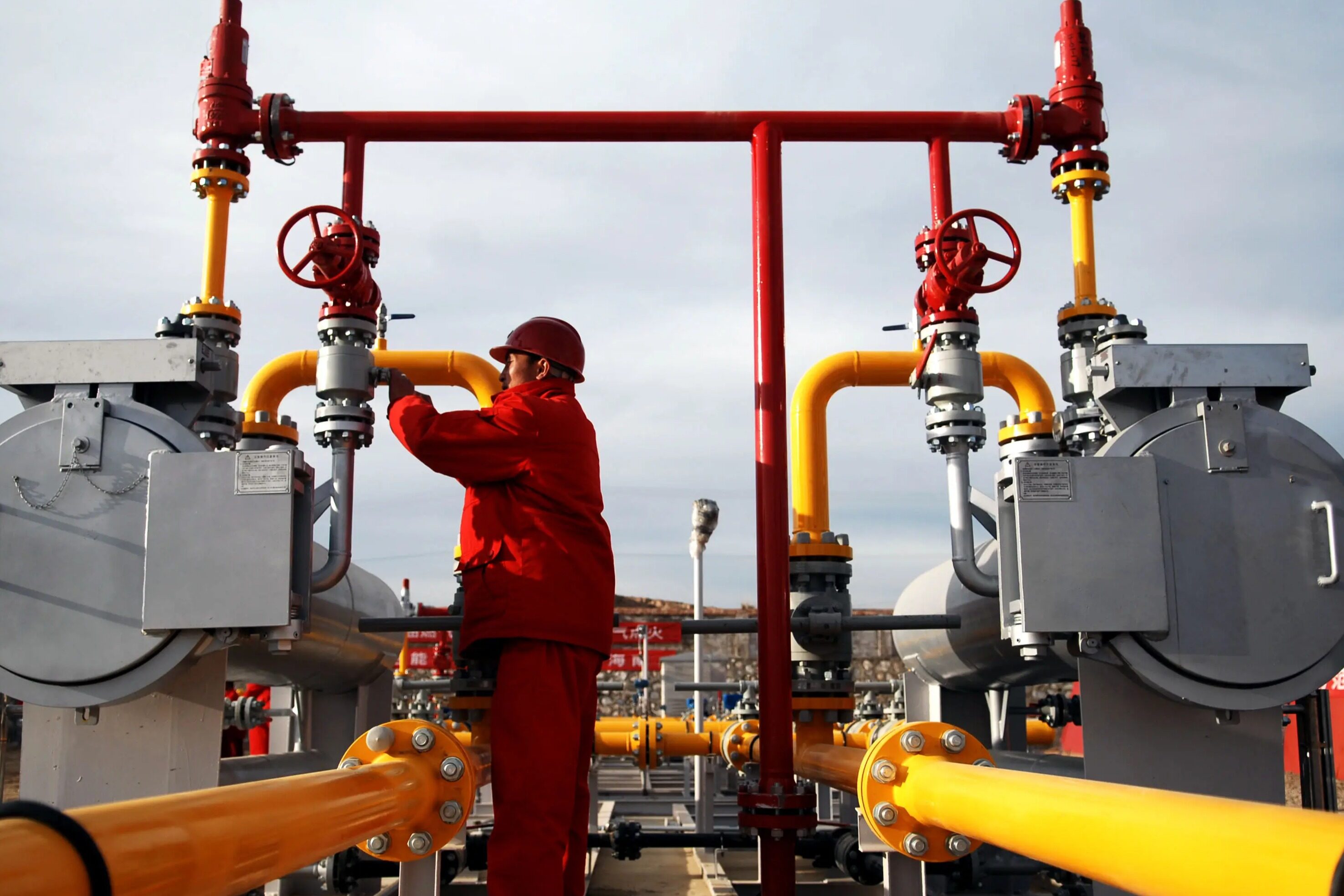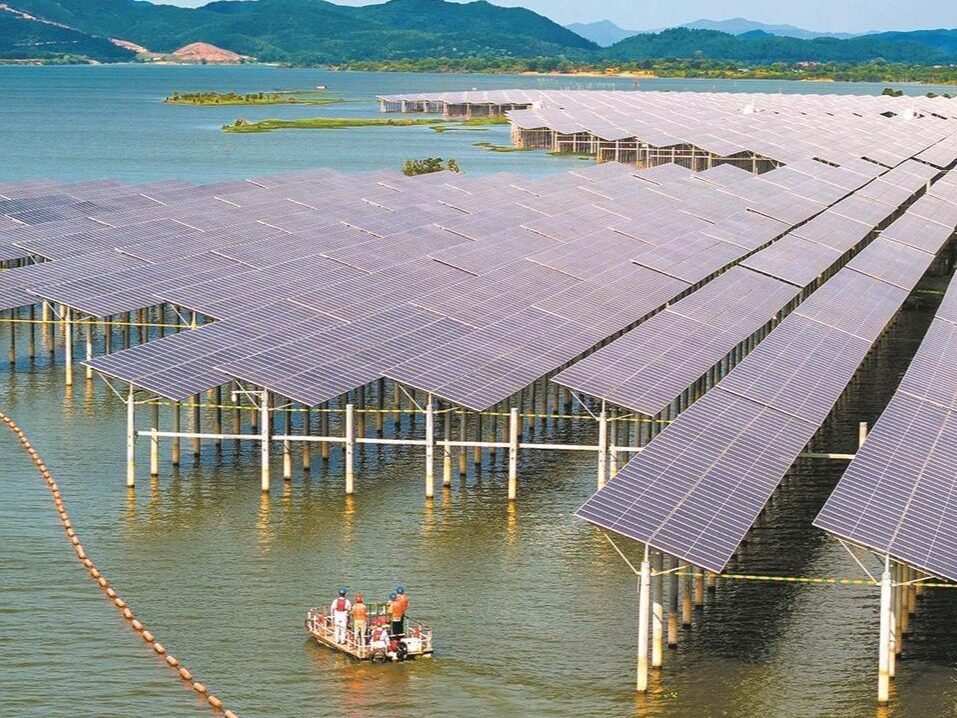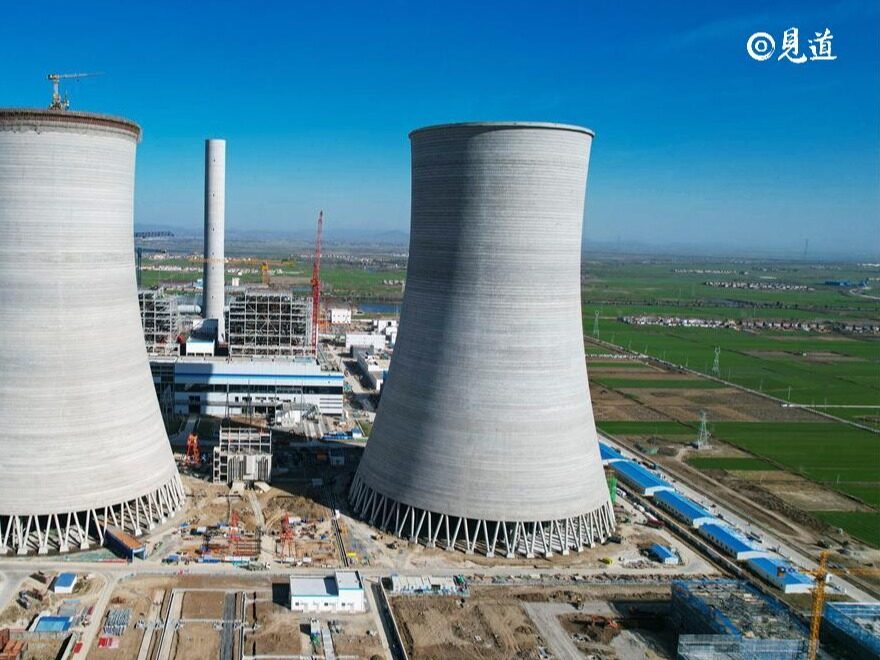- The issue of energy security will weaken the driving force of the countries concerned to carry out the energy transition

The current energy security environment is becoming increasingly complex, and how to speed up the clean and low-carbon transition while ensuring energy security has become one of the primary issues that countries urgently need to solve. The 40th "Cambridge Energy Week" conference, known as "Davos in the energy world", will be held in Houston, USA from March 7th to 11th, 2022. In the context of the violent turmoil in the energy market caused by the situation in Ukraine, energy security has become the focus of heated discussions among government officials and industry insiders.
Reducing dependence on Russian energy, increasing U.S. oil and gas production, and actively promoting energy transformation are the countermeasures for many Western participants to deal with the conflict between Russia and Ukraine and ensure energy security. However, people in the industry generally believe that these visions will take time to realize, and it is difficult to alleviate the "near thirst" of the world energy market.
The supply gap is difficult to fill
Since the opening of "Cambridge Energy Week", the price of light sweet crude oil futures for April delivery on the New York Mercantile Exchange and the price of London Brent crude oil futures for delivery in May have both risen sharply, and the price of Brent futures once exceeded $130 per barrel .
Energy market turmoil is affecting the global economy on a scale not seen since the 1970s, S&P Global Vice Chairman Daniel Yerkin said in his opening remarks. S&P Global Senior Vice President Carlos Pascual believes that the current energy security issue has received widespread attention, and the Russian-Ukrainian conflict, the new crown epidemic and climate change have jointly brought the energy industry to a "critical inflection point".
Many participants believed that the global energy market is in the "early stage of shock wave", and the high oil price will continue for at least several months.
U.S. President Biden announced on the 8th that he would impose an energy embargo on Russia, and the European Union also announced that it would seek to significantly reduce oil and gas imports from Russia. According to data, even if all the spare capacity in the world is put into production, the daily output of crude oil will increase by up to 3.5 million barrels, which is still a big gap compared with the average daily export volume of Russia.
It will take time to increase production
Participants believed that the demand growth in the post-epidemic era and the lack of investment in the energy industry in recent years have led to an imbalance between supply and demand, which has become an important driver of rising energy prices. However, U.S. energy companies have not been active in the face of government calls to increase oil and gas production.
On the demand side, Pascual noted that 2021 saw "unprecedented demand growth" in the global energy market, challenging the supply-demand balance, and it will take time for the market to adapt to the change.
From the perspective of supply, John Hayes, CEO of the US energy company Hayes, said that before the conflict between Russia and Ukraine, the relationship between supply and demand in the oil market had tightened, and global crude oil inventories had decreased for two consecutive years, lower than the level before the outbreak of the new crown epidemic. .
U.S. Energy Secretary Jennifer Granholm delivered a keynote speech at the conference, calling on U.S. oil and gas producers to increase output. But reports say some U.S. energy companies are shrugging it off.
"Historically, accelerating investment in an inflationary environment has never been a good idea," said Tim Leach, executive vice president of ConocoPhillips. Scott Sheffield, chief executive of Pioneer Natural Resources, said the oil It could take a year and a half for corporate investment to boost production, but investors don’t think the surge in oil prices will last that long, and companies are reluctant to ramp up output beyond current plans.
The energy transition should be pragmatic
In response to the energy transition prospects that have been hotly discussed at the previous "Cambridge Energy Week" in recent years, participants at this session have different views.
Some analysts believe that greater investment in fossil fuels will increase the world's reliance on oil and gas products. The issue of energy security will also weaken the driving force for the energy transition of the countries concerned and distract them from the new energy economy.
But some industry insiders pointed out that high oil and gas prices will make renewable energy more competitive. In the context of the conflict between Russia and Ukraine, Europe, which is highly dependent on Russian oil and gas, is more willing to accelerate the energy transition. Therefore, oil companies need to balance the demand for short-term production increases and the pressure for long-term production reductions.
Zhou Xizhou, vice president of S&P Global Energy and Commodities Department, said in an interview with Xinhua News Agency that oil and gas companies usually expect to invest in both traditional fossil energy and clean energy, but Europe prefers to switch to clean energy and will not rely on traditional energy as a long-term strategy.
Cheng Peng, vice president of CNPC's Houston Technology Research Center, told reporters that energy security needs to take precautions, and energy transformation should not be too radical. At a time when the world is rethinking energy security, countries will adopt a more pragmatic attitude towards energy transition. Editor / Xu Shengpeng
Comment
 Praise
Praise
 Collect
Collect
 Comment
Comment
 Search
Search














Write something~